Navigation not 'being affected'
Updated: 2016-03-22 11:35
By Chen Weihua in Washington(China Daily USA)
|
||||||||
A retired senior Chinese diplomat believes that China, the United States and Southeast Asian nations should peacefully settle disputes in the South China Sea.
Wang Yingfan, China's permanent representative to the United Nations from 2000 to 2003, said Americans should understand that China has never created any obstacles to freedom of navigation in the region.
The former vice-foreign minister said people who study international affairs understand why the US would send aircraft carriers and advanced aircraft to the sea.
"It's not because freedom of navigation is being affected," he said on Monday, without further elaboration.
Wang, who was heading a Foreign Ministry Policy Advisory Committee delegation in the US, made the comment in a talk on China's foreign policy and China-US relations at American University on Monday.
Many Chinese believe the US has been rallying its allies to gang up on China in pursuit of its pivot-to-Asia strategy and to keep its primacy in the region, where China's influence has grown significantly. China is the largest trading partner for most countries in that area.
Wang warned that the US should exercise restraint.
"If you do too much, China has to react," he said.
Wang believes that how much Chinese military hardware will be brought to the islands in the South China Sea depends to a large extent on what the US will do.
China has long complained about the frequent US military surveillance off the Chinese coasts, regarding it as a major obstacle to improving bilateral military-to-military relations.
Wang, also a former Chinese ambassador to the Philippines, recalled his first assignment in the Southeast Asia nation in mid-1970s that the Philippine map does not include some of the islands in disputes these days.
He regretted that the Philippines did not even accept China's goodwill and generosity for shelving disputes and seeking joint development.
Wang believes it's a bad idea for some Americans to suggest that the Chinese government clarify the Nine Dash Line in the South China Sea because it will trigger more disputes over sovereignty and further arouse the nationalistic sentiment in the countries involved, making it harder for the governments to reach a solution.
He suggested that China, the US and ASEAN countries work together to ensure freedom of navigation. Wang said Americans should support Chinese initiatives of sharing resources there.
He said that if the US can help to persuade its allies and related countries to agree to do that, it will be a big help to settle problems there.
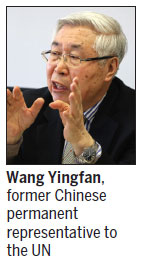
Wang stressed that China wants to have a peaceful rise, to have a strong relationship with the US.
"We do not want to challenge the United States or drive out the US from Asia or from anywhere," he said.
Despite the challenges, Wang said he is optimistic about the relationship.
"I think our cooperation will be more wide-ranging and go deeper and deeper in different fields," he said.
He cited the agreement reached on cybersecurity as a good example of how the two countries should address their differences. "I think that's the way our bilateral relations should go," he said.
Cybersecurity, which had made frequent headlines in previous years, has become less intensive an issue after President Xi Jinping's state visit to the US last September, when the two sides reached consensus on certain issues.
Lyn Fengding, former Chinese ambassador to Sweden, said there has been great progress in bilateral relations thanks to the efforts by both sides.
Acknowledging that there have been problems, Lyn said that such issues require the two sides to come together to have discussions "so that some settlement and some compromise can be reached".
chenweihua@chinadailyusa.com
- NASA's Kepler sees first 'shock breakout' in exploding star
- First case of Zika virus detected in S.Korea
- Syrian mothers: Survival and loss
- Gender barrier falls as Air Force general makes history
- Russia retrieves data from recorder of crashed plane
- Obama arrives in Cuba to begin visit in thawing of ties
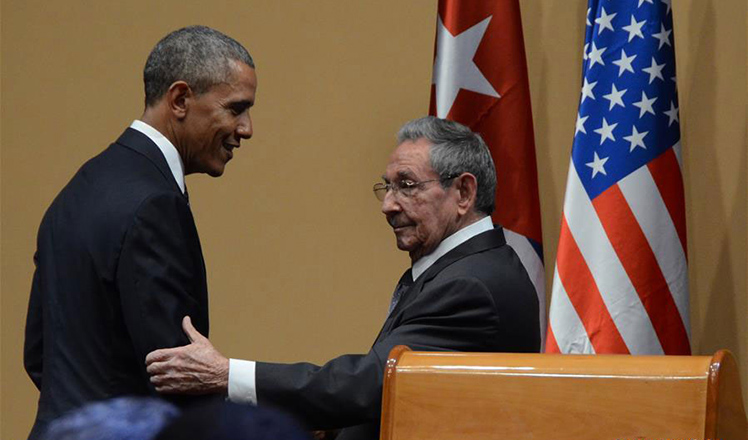
 Raul Castro and Obama hold talks in Havana
Raul Castro and Obama hold talks in Havana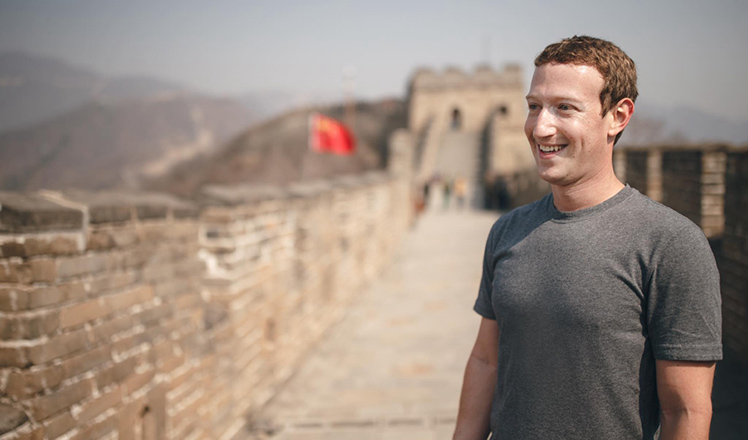
 Facebook's Mark Zuckerberg visits China's Great Wall
Facebook's Mark Zuckerberg visits China's Great Wall
 Apple releases smaller iPhones for new consumers
Apple releases smaller iPhones for new consumers
 China's 'sleep testers' search hotels for a good night's rest
China's 'sleep testers' search hotels for a good night's rest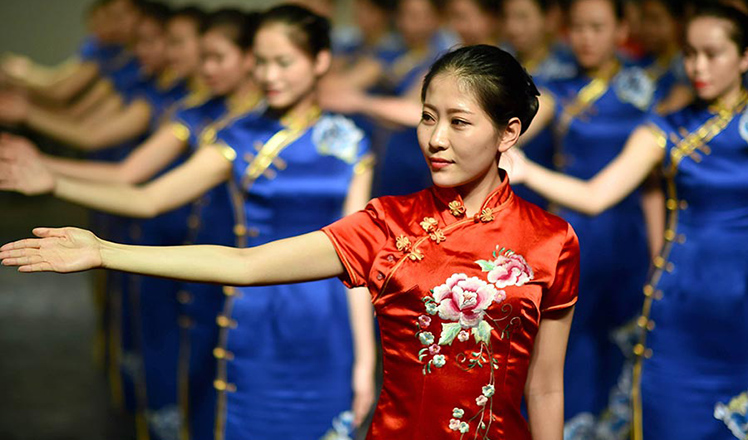
 Practice makes perfect: Preparing for Boao forum
Practice makes perfect: Preparing for Boao forum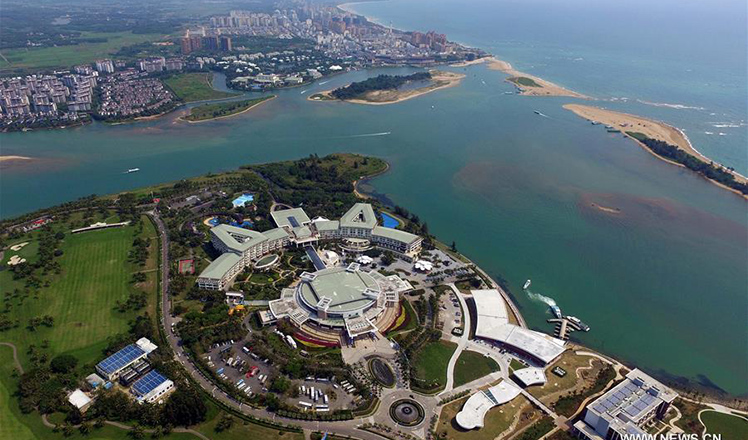
 A look of Boao Forum for Asia International Conference Center
A look of Boao Forum for Asia International Conference Center
 Culture Insider: 5 things you may not know about the Spring Equinox
Culture Insider: 5 things you may not know about the Spring Equinox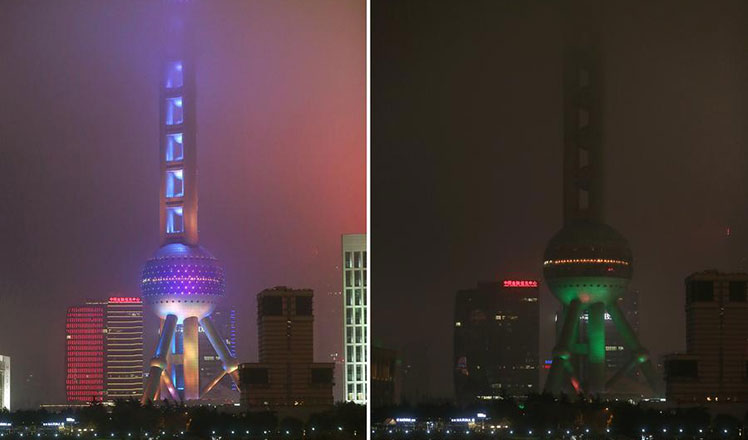
 Landmarks go dark in China for Earth Hour
Landmarks go dark in China for Earth Hour
Most Viewed
Editor's Picks

|

|

|

|

|

|
Today's Top News
Marriott unlikely to top Anbang offer for Starwood: Observers
Chinese biopharma debuts on Nasdaq
What ends Jeb Bush's White House hopes
Investigation for Nicolas's campaign
Will US-ASEAN meeting be good for region?
Accentuate the positive in Sino-US relations
Dangerous games on peninsula will have no winner
National Art Museum showing 400 puppets in new exhibition
US Weekly

|

|







